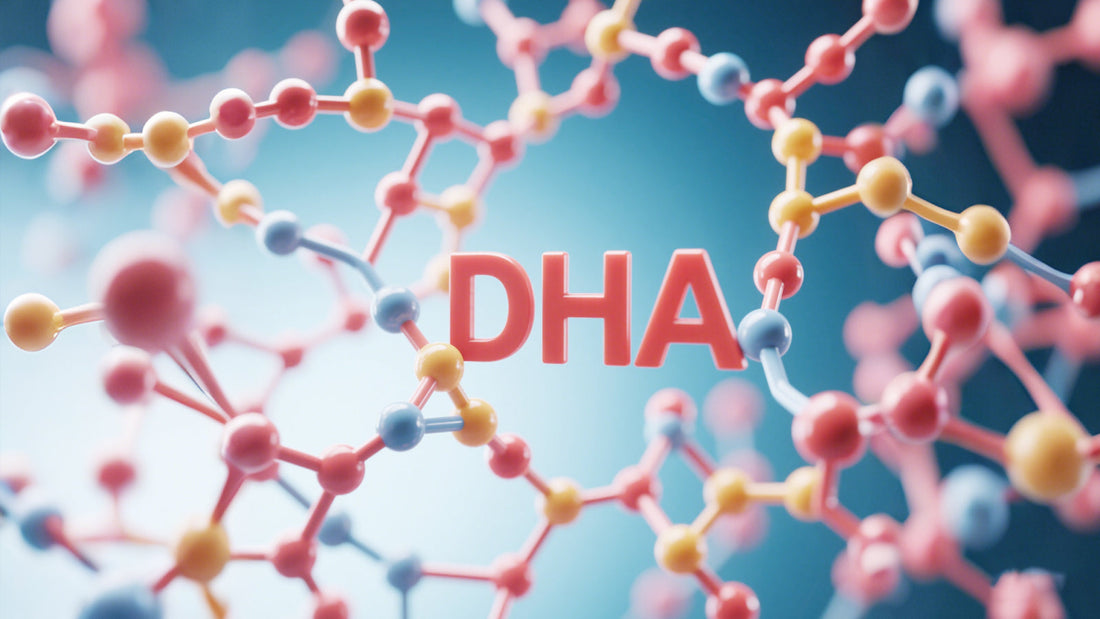
What DHA, the needs of different groups of people for DHA
Share
DHA, full name docosahexaenoic acid, is an important omega-3 unsaturated fatty acid that has multiple benefits for human health. The need for DHA varies among
different populations due to their physiological characteristics and health needs.
The need for DHA in different populations
infant
Why It's important: DHA is an important nutrient for nerve cell development in infants and young children and is essential for brain and retina development.
Recommended intake: According to the recommendations of the Chinese Nutrition Society, the appropriate intake of DHA for infants and young children 0-3 years old is 100mg/ day.
The European Food Safety Authority recommends that the appropriate intake of DHA for children over 3 years of age gradually increase to adult levels of 250mg/ day.
Source: Infant DHA is mainly derived from the addition of breast milk or formula, as well as deep-sea fish, algae and other foods in complementary foods. For infants and young
children who are unable to breastfeed or who do not have enough DHA in formula milk, DHA supplements may be considered.
Pregnant and lactating women
Importance: Pregnancy and lactation are periods of increased demand for DHA. DHA plays a key role in fetal brain and retinal development, while also helping to reduce the risk of preterm birth in pregnancy.
Breastfeeding women supplement DHA can be passed to the baby through the milk, which helps the healthy growth of the baby.
Recommended intake: Pregnant women and breastfeeding recommended daily intake of DHA more than 200mg. This demand is relatively high because pregnant women need to meet the needs of both themselves and their babies.
Source: Pregnant and lactating women can consume DHA rich foods such as deep-sea fish and seaweed, and when it is not possible to ensure adequate DHA from food, supplements such as algal oil DHA can be used to meet their needs.
teenager
Importance: Teenagers are in a critical period of growth and development, and the development of the brain and body requires adequate nutritional support. DHA, as an important component of the brain,
has a positive impact on the intellectual development and learning ability of adolescents.
Recommended intake: Although there is no specific DHA intake standard for adolescents, it is possible to refer to the recommended intake for adults or children and adjust it in accordance with the actual situation of the individual.
Source: Teens can get DHA through a balanced diet that includes deep-sea fish, seaweed, nuts and other foods. At the same time, you can also consider using DHA supplements to ensure adequate intake.
Adults and seniors
Importance: DHA is important for the health of adults and the elderly alike. It helps to maintain the normal function of the brain and improve memory and cognitive abilities, while also helping
to prevent chronic diseases such as cardiovascular and cerebrovascular diseases.
Recommended intake: The recommended intake of DHA for adults and the elderly can be determined according to the actual situation of the individual and the advice of the doctor. In general,
maintaining a balanced diet and moderate intake of foods rich in DHA can meet the needs.
Sources: Adults and the elderly can also consume DHA rich foods such as deep-sea fish and seaweed, and consider using DHA supplements to ensure adequate intake.
Especially for the elderly who have an unbalanced diet or health problems, a moderate supplement of DHA may be more beneficial to health.
